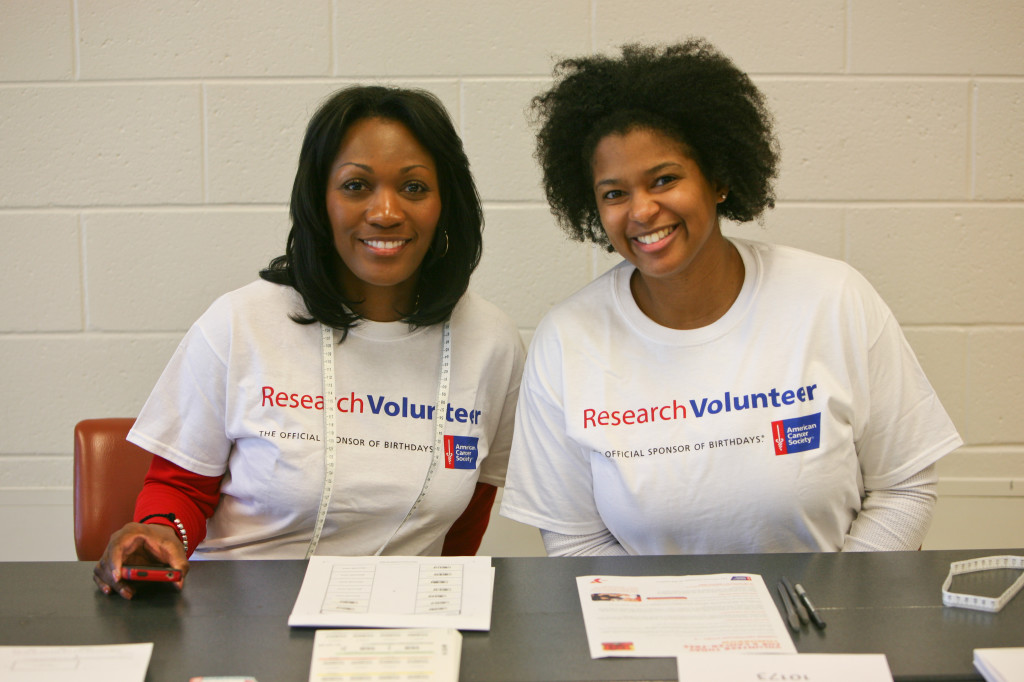Everyone complains about cancer but few of us do anything about it. Not because it doesn’t touch us; it does. I don’t know a person whom it hasn’t, directly or indirectly. It has changed (more appropriately rent) the fabric of my family of origin dramatically. (Aunt. Mother. Nephew.)
Most of us don’t do much about cancer because we have no idea what we can do, beyond informed changes in our personal habits. That changes with the American Cancer Society Cancer Prevention Study.

The Cancer Prevention Study-3 is now out in the field: it’s a long-term study, running for 20 years, and aiming for hundreds of thousands of participants. They’ve got a lot now, but need more, and I’m writing this post to convince you to join me as one of them. It’s a once-in-a-generation opportunity to be part of something very big, and very consequential. Many participate out of a sense of protectiveness for their own or the next generation. Some, like me, will be participating as a way, one among many, of paying back a debt.
Participants in the study help the ACS fill critical gaps in knowledge around the trends between lifestyle, behavioral, environtmental, and genetic patterns and incidence of cancer.
- Who can participate: women and men between the ages of 30 and 65 years old.
- What it takes: reading and signing a consent form, completing a survey, providing some physical measurements, giving a small blood sample, and responding to follow-up questionnaires by mail every two years thereafter (for 20+ years).
- How long it takes: less than an hour for the initial visit, and much less than that for the follow-up surveys. About the time it takes to prepare a workaday dinner. Over the course of a 20-year study you’ll still spend less than a single work day on this.
- Where to sign up: this map indicates where you can join a group. Note that the dates are rolling; some may have even passed in your area.
To those from from the San Francisco Bay Area interested in being participants: ACS has a page just for us. Make note of these upcoming recruitment dates:
- Alameda (July 20-August 3)
- Marin County (July 24-August 7)
- San Francisco (July 17-August 10)
- San Mateo (July 24-August 10)
- Santa Clara (July 13-August 10)
And look for me at one of them. (Berkeley, July 24, to be exact!)
[I’ve been compensated for my participation in learning and sharing about CPS-3 through Women Online/ The Mission List. All opinions stated here are my own.]

thanks for this!
i see an upcoming event in my area (its actually the relay for life we usually attend) where i can actually sign up.
most years we walk the track of this high school in the dark, holding candles, arm in arm with our good friend Dora, a 5 year breast cancer survivor.
these past couple years we walk in honor of my mom, lost to cancer in 2010.
it touches everyone.
so many times.
You are so welcome, weese. I’m not a research scientist, and all I’ve been able to do is try to share a sense of debt and gratitude. But this feels like something of material worth. I am really excited to be a part of it.